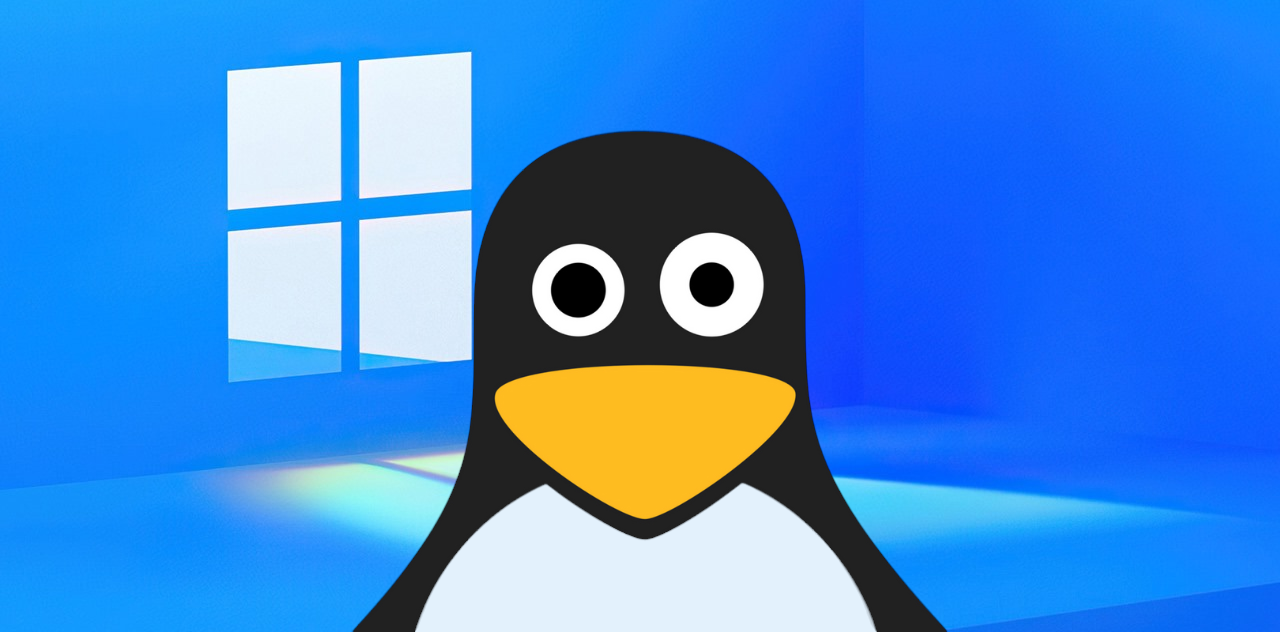If youre into streaming and want more control over your IPTV setup then using Linux could be your best bet IPTV (Internet Protocol Television) lets you stream live TV channels ondemand shows and movies directly over the internet and Linux gives you the power to customize this experience to your liking this guide will walk you through how Linux and IPTV work together what you need to get started and how to make the most out of your setup all in a way thats easy to understand even if you’re new to Linux.

What Is IPTV and Why Should You Care?
Lets start with the basics: IPTV is a way of delivering television content over the internet instead of using traditional satellite or cable services its become a popular way to watch live TV movies and series because it offers flexibility you can stream directly on your smart TV computer or mobile device as long as you have an internet connection.
Now where does Linux come in? Linux is a reliable and secure operating system that many tech enthusiasts use because of its flexibility and open source nature it might sound technical but dont worry; you don’t need to be a coding wizard to use Linux for IPTV with the right tools and some simple steps you can turn your Linux computer into a powerful IPTV hub.
Why Use Linux for IPTV?
You might be wondering Why not just use Windows or macOS? Heres why Linux stands out for IPTV:
- Stability: Linux is known for being rock solid meaning you wont experience crashes or slowdowns while streaming.
- Customization: With Linux you can tweak just about everything to fit your needs this is great if you want to set up a personalized IPTV server or use specific plugins for more features.
- Security: Linux has strong security features which help keep your IPTV activities safe from prying eyes and potential hackers.
- Cost Effective: Many Linux based IPTV tools are open source meaning theyre free this can save you a lot of money compared to paid software.
Setting Up IPTV on Linux: Where to Start
When setting up IPTV on Linux you have two main paths to consider: using Linux as a client (for streaming directly on your device) or using Linux as a server (to share streams across multiple devices). Heres how to do both:
Option 1: Using Linux as an IPTV Client
This option is great if you want to watch IPTV directly on your Linux computer its simple and doesn’t require too much setup.
- Pick an IPTV Player: Youll need software to play IPTV streams, and there are a few options that work well on Linux:
- VLC Media Player: VLC is a versatile media player that can play IPTV streams. Open VLC go to Media > Open Network Stream paste your IPTV URL and hit Play its that easy.
- Kodi: Kodi is a more advanced media center that can organize your media library and handle IPTV streams through addons you can install the PVR IPTV Simple Client addon and add your M3U playlist to start streaming.
- MPV: If you like a lightweight player MPV is another option its simple and works well for streaming IPTV directly from a URL.
- Input Your IPTV Details: After subscribing to an IPTV service theyll give you a link (usually an M3U file or Xtream Codes) copy that link into your chosen media player and youre all set to start watching your favorite channels.
- Enjoy Your Shows: Thats it! You can now watch live TV and ondemand content right from your Linux machine.
Option 2: Using Linux as an IPTV Server
If you want to share IPTV streams across multiple devices in your home, you can use Linux as a server this setup is more advanced but gives you more control over your streaming environment.
- Choose a Media Server: For this youll need software that can manage and share IPTV streams. Popular choices include:
- Plex: Although Plex is mostly for local media you can use it for IPTV with a little bit of tweaking third party tools like xTeVe can integrate your M3U playlist into Plex turning it into an IPTV server.
- TVHeadend: This open source TV streaming server is perfect for managing live TV streams it supports EPG (Electronic Program Guide) data which makes it easy to organize and schedule your viewing.
- OSCam: If youre into card-sharing setups OSCam is a good option for managing and distributing IPTV streams.
- Configure Your IPTV Sources: Input your M3U URL or Xtream Codes into the media server software this allows your Linux server to fetch IPTV streams and share them across your network.
- Connect Other Devices: Once the server is set up you can connect other devices like smart TVs tablets or even other computers to your IPTV server now all your devices can access the same IPTV streams controlled right from your Linux server.
Must Have Tools for IPTV on Linux
To make your IPTV setup as smooth as possible here are some tools that can help:
- FFmpeg: This is a command line tool for converting and streaming media its especially useful if you want to adjust the quality of your streams or convert them to a different format for example you can use FFmpeg to reduce buffering by lowering the video quality:
ffmpeg -i http://example.com/stream.m3u8 -c:v libx264 -c:a aac output.mp4
- xTeVe: This tool acts as a middleman between your IPTV playlist and media servers like Plex it makes sure everything runs smoothly so you dont have to worry about compatibility issues.
- OpenVPN: Using a VPN can keep your IPTV activities private openVPN is a good choice for Linux users, allowing you to secure your connection and hide your IP address.
- EPG Grabbers: An Electronic Program Guide (EPG) is like a TV guide for your IPTV streams tools like
xmltvcan help pull in EPG data making it easier to see whats playing on each channel.
Overcoming Common Challenges with IPTV on Linux
Even though Linux is a great choice for IPTV you might run into a few bumps along the way heres how to tackle some common issues:
Problem 1: Buffering and Freezing
- Solution: If your streams keep buffering, it might be due to a slow internet connection consider using a wired Ethernet connection instead of Wi-Fi or use FFmpeg to lower the bitrate of your streams.
Problem 2: Compatibility Issues with IPTV Players
- Solution: Not every player works perfectly with every IPTV service VLC is a great fallback option because its compatible with most formats if Kodi or other players are giving you trouble give VLC a try.
Problem 3: VPN Slows Down Your Streams
- Solution: VPNs are great for privacy but can sometimes slow down your connection try connecting to a VPN server closer to your physical location to improve speed.
Why Linux Makes Your IPTV Experience Better
Linux gives you the freedom to tailor your IPTV setup exactly how you want it here are some extra ways to enhance your streaming experience:
- Use a Dedicated Device: If you dont want to tie up your main computer consider setting up a Raspberry Pi as a dedicated IPTV server its small cheap and perfect for running 24/7 without hogging resources.
- Set Up Parental Controls: If you have kids at home, you can use tools like Squid or iptables on Linux to filter out channels you dont want them watching.
- Automate Your Setup: With a bit of scripting knowledge you can automate tasks like updating your IPTV channels restarting your server if it crashes or even scheduling recordings of your favorite shows.
Conclusion: Linux + IPTV = A Perfect Match
Using Linux for IPTV is a great way to take control of your streaming experience whether youre just watching shows on your computer or setting up a server to share streams across multiple devices Linux offers the flexibility and power you need plus with a range of free tools and software you can keep costs low while getting the most out of your IPTV service. So get your Linux machine ready grab your IPTV subscription and enjoy streaming like never before! Happy watching!
